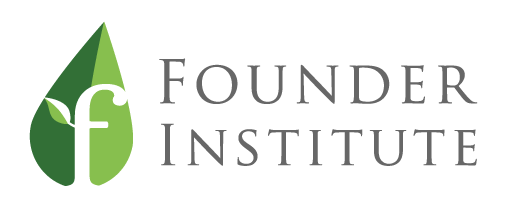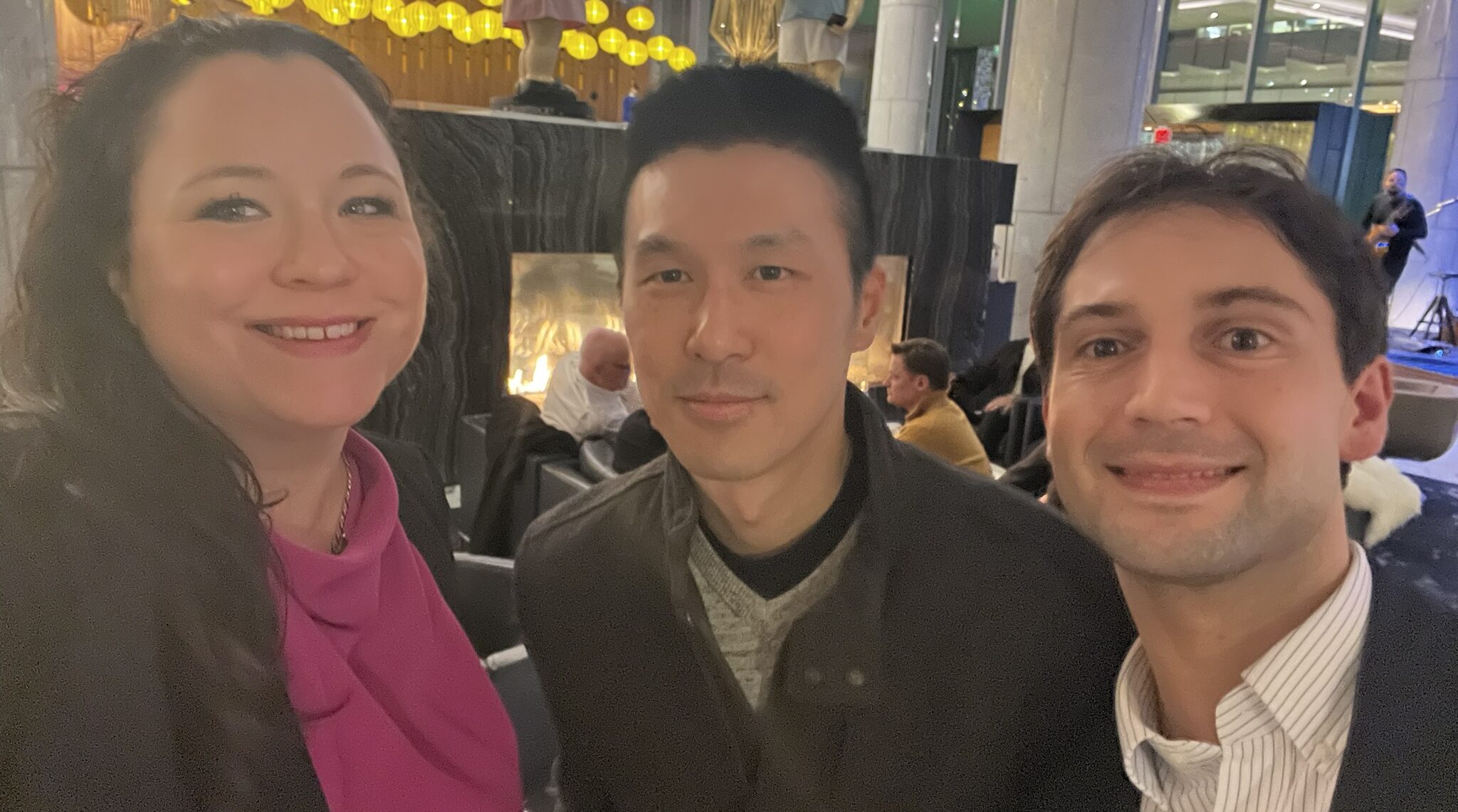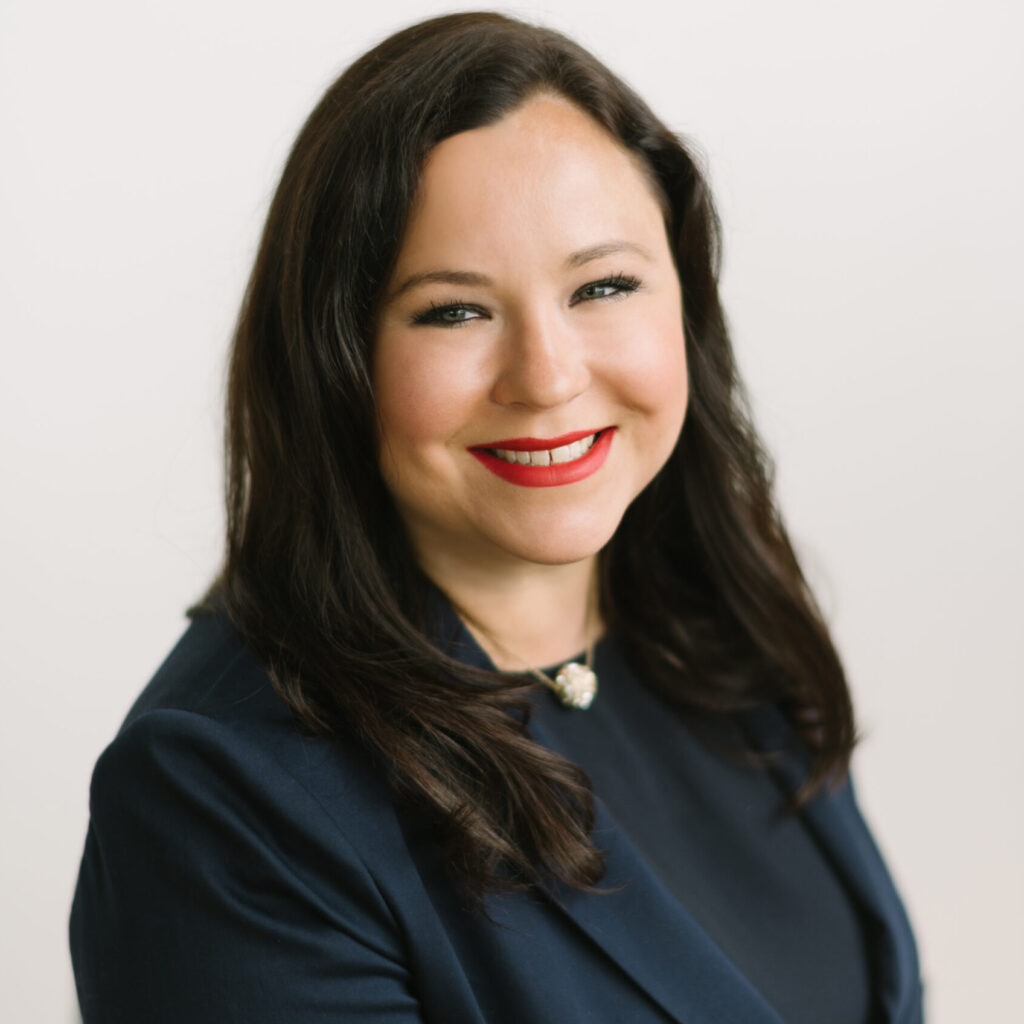Meet Jennifer Schell from Finliti
Q: Can you introduce yourself and your startup?
A: I’m Jen Schell, the CEO and founder of Finliti. Finliti is a behavioral engagement platform designed to assist investment brokerages in increasing their assets under management. Our platform is built with the dual goal of enabling brokerages to prosper financially while also empowering their clients to make more informed and effective investment decisions. By focusing on enhancing the decision-making process, we aim to create a win-win scenario where both brokerages and their clients can achieve greater financial success.
Q: How did the concept for Finliti come about?
A: The idea for Finliti emerged from my 15 years of experience working at Canada’s largest investment brokerages on Bay Street. During this time, I observed a significant gap between the available systems and the unique, sometimes quirky, ways people approached investing. For instance, some individuals would consult their horoscopes before making a trade, while others expressed a desire to invest ethically, showcasing a broad spectrum of behavioral influences on investment decisions. Recognizing the shift towards digital platforms and the increasing reliance on financial influencers online, I was motivated to create a sophisticated platform that addresses these behavioral components effectively.
To tackle this, we developed an investor personality assessment in collaboration with Dr. Stefano Di Domenico. This tool goes beyond traditional methods to provide a comprehensive analysis of an individual’s investment behavior, identifying strengths, weaknesses, and biases. Our assessment extends past the commonly used Big Five personality traits, adding an extra layer of precision and customization. This innovative approach has been academically validated and offers deep insights into the psychological factors that influence investment decisions, ensuring that both investment advisors and clients can make more informed and suitable choices aligned with their goals.
Why Founder Institute?
Q: What motivated you to join the Founder Institute, and how has it impacted your startup journey?
A: Joining the Founder Institute was a strategic decision driven by my transition from the capital markets sector to the entrepreneurial world of startups. Despite my extensive experience in assessing public companies, the venture landscape, particularly around private companies and fundraising, was unfamiliar territory for me. Seeking a structured environment to navigate these challenges, I applied to the Founder Institute. My personality traits of high swag and zeal naturally inclined me towards seeking a network and guidance to scale my vision into a potentially billion-dollar venture.
The program provided exactly what I needed: structured learning through pitch practice, introductions, guidance on financial projections, and insights into raising capital. It demystified investor expectations, equity structures, and how to effectively communicate a complex business idea in simple terms. The experience was akin to a boot camp, emphasizing commitment and resilience through its rigorous stages. This approach resonated with me, reinforcing the necessity of perseverance and strategic hustle for long-term success.
Beyond the invaluable learning, the Founder Institute’s network has had a lasting impact on Finliti. Our first venture capital investor, our behavioral scientist, and our initial design team were all connections made through the program. Now, four years into our journey, the foundational skills and network I gained from the Founder Institute continue to underpin Finliti’s progress and resilience in the competitive startup landscape.
How a Founder Gets In
Q: Can you describe the behavioral test involved in the Founder Institute’s application process?
A: Yes, the Founder Institute incorporates a behavioral test as part of their application process, designed to evaluate both the concept behind your startup idea and your personal attributes as an entrepreneur. This step is crucial because it assesses if you possess the requisite traits and mindset to endure the inherent challenges of building a startup. The journey to success is often glamorized, overshadowing the rigorous and demanding reality entrepreneurs face in the early stages. In addition to assessing behavioral traits, the application process includes an IQ test focusing on pattern recognition among other cognitive abilities. This combination aims to gauge an applicant’s entrepreneurial acumen and their capacity for complex problem-solving and strategic thinking. I understand that the behavioral assessment is influenced by the Big Five personality model, and it’s believed that Jordan Peterson had a role in developing this component for the institute. This comprehensive evaluation ensures that candidates are not only a fit for the entrepreneurial lifestyle but also prepared for the intellectual demands of the startup world.
Understanding the Funding and Costs of the Founder Institute Program
Q: Could you explain how funding works within the Founder Institute, including any costs and the concept of the warrant agreement?
A: Yes, the Founder Institute does not provide direct funding to participants, but there is a unique financial model that involves a price for participating in the program and a warrant agreement. This warrant arrangement particularly appealed to me because it allows for a collaborative investment among the cohort’s participants. Essentially, you have the opportunity to benefit from the success of your peers, creating a shared incentive for everyone’s success. If a colleague’s venture takes off, all participants who contributed to that cohort’s warrant pool have the potential to earn a return. This innovative approach to fostering a supportive and mutually beneficial environment was a significant draw for me. It aligns with the spirit of entrepreneurship, emphasizing collective success and financial solidarity among founders. The cost of the program is balanced by the extensive learning, networking, and developmental opportunities it provides. Through comprehensive training on the fundamentals of building a startup and enduring the entrepreneurial grind, the Founder Institute lays down the groundwork necessary for lasting success. My experience with the program has been instrumental in my journey, offering crucial insights and preparation that I doubt I would have received elsewhere.
Identifying Areas for Improvement in the Founder Institute
Q: What aspects of the Founder Institute do you feel need enhancement or fell short of expectations?
A: One primary area for improvement that stands out to me is access to capital, which is a critical need for every startup entrepreneur. While I did receive an introduction to an investor specifically interested in Founder Institute graduates, enhancing early-stage access to capital would significantly benefit participants. More introductions to angel investors willing to support and advance startups at their nascent stages would be incredibly valuable.
Although the program offers a unique investment opportunity through the warrant system, allowing participants to invest in a pool of startups from their cohort, direct support in securing initial funding could provide a stronger launchpad for these ventures. The quality of startups and the potential for significant returns from these cohort investments underscore the program’s value. However, facilitating more robust kickstarter capital, possibly tied to achieving certain milestones, could amplify this value further.
Another point of improvement involves the commitment levels among participants. While many are dedicated, ensuring that all individuals are equally invested in the rigorous process could enhance the overall quality and outcome of the program. Introducing incentives, such as reducing the warrant obligation for those who demonstrate exceptional hard work and achieve significant milestones, could encourage greater engagement and effort from all participants, aligning everyone’s interests towards collective and individual success.
Navigating Mentorship and Equity Exchange in the Founder Institute
Q: How did you navigate mentorship and the potential exchange of equity for advice within the Founder Institute?
A: Engaging with mentors who expect equity in exchange for their advice is a common scenario, not just within the Founder Institute but across the startup ecosystem. In my experience, this arrangement can actually be quite beneficial, provided it’s handled judiciously. There were individuals who joined my cap table because they contributed significantly to the company, offering invaluable advice and support that propelled us forward at critical stages. Without their input and the absence of sufficient funds to compensate them monetarily, exchanging equity was a practical and effective means to secure their commitment and expertise.
Viewing this exchange as a positive rather than a negative, I focused on the substantial contributions these mentors made towards our development, fundraising efforts, and establishing key go-to-market partnerships. Their involvement often entailed substantial work, such as writing reports and guiding our strategic direction, which justified the equity they received. It’s crucial to approach the distribution of equity with a strategic mindset, ensuring that any equity exchanged for mentorship reflects the true value added by the mentors. Implementing vesting schedules has been instrumental in managing this aspect, allowing for adjustments to the cap table as necessary. This approach ensures that equity is allocated in a manner that recognizes tangible contributions while safeguarding the company’s interests and maintaining a balanced and fair equity structure.
Impact of the Founder Institute on Finliti’s Success
Q: Can you share any specific outcomes or achievements Finliti has realized post-accelerator?
A: Since completing the Founder Institute program, Finliti has achieved significant milestones, including raising over half a million dollars from angel investors and high-net-worth individuals within the industry. This accomplishment was facilitated greatly by the network and resources provided through the program. The Founder Institute played a pivotal role in connecting us with key investors, including an introduction to Loyal VC. Loyal VC has been instrumental in our growth, offering not just funding but also ongoing support, mentorship, and access to a wider network. They’ve been diligent in ensuring we meet regularly to review our progress, setting clear metrics for success and providing guidance on how to navigate enterprise sales and what larger VC funds are looking for in potential investments. These interactions and the structured approach to meeting investor expectations have been crucial in positioning Finliti for sustained growth and success. The program’s impact extends beyond just funding; it has equipped us with the knowledge and connections necessary to navigate the startup ecosystem effectively and to build a foundation for long-term viability and success in the financial services industry.
Finliti’s Future Milestones and Continued Support from the Founder Institute
Q: What are Finliti’s upcoming milestones, and how has the Founder Institute equipped you for these challenges?
A: Our immediate goals involve conducting paid pilots with financial institutions, leveraging our Proof of Concepts (PoCs) and the Minimum Viable Products (MVPs) we’ve developed. The Founder Institute has significantly contributed to preparing us for this phase. Thanks to the comprehensive mentor network provided by the program, we have access to a wide range of professionals and experts worldwide. This network is instrumental when seeking introductions to financial institutions, facilitating our expansion efforts.
Moreover, our product has evolved significantly, from a behavioral science tool into a sophisticated smart engine capable of managing investments across various assets, including blockchain applications. This expansion was bolstered by a partnership with a publicly listed company, marking a significant milestone in our journey. The support from the Founder Institute doesn’t just stop at program completion; it extends into the future, providing resources, connections, and guidance as we tackle new challenges and opportunities. This enduring relationship ensures we have the support system needed to navigate the complexities of scaling and integrating our services within the financial industry, positioning us for success in the next stages of our growth.
Essential Advice for Prospective Accelerator Applicants
Q: What advice would you offer to those considering applying to an accelerator program?
A: For anyone thinking about applying to an accelerator or embarking on the startup journey, it’s crucial to ensure you have a solid financial foundation. Prepare for the long haul by securing at least two and a half years’ worth of personal runway. This might involve opening lines of credit or maintaining some form of income through gig or consulting work. The common advice might be to quit your job and dive headfirst into your startup, but if there’s a way to sustain some income while building your business, it can provide the financial stability needed to keep pushing forward without the stress of running out of resources. Especially in the B2B space, where sales cycles can be longer and securing your first customers might take time, having sufficient runway is vital. It’s not just about making it through the accelerator program but ensuring you can continue to grow and develop your business afterward. This journey is indeed a marathon, not a sprint, requiring endurance, strategic planning, and a supportive network or partner to navigate the challenges ahead successfully.


